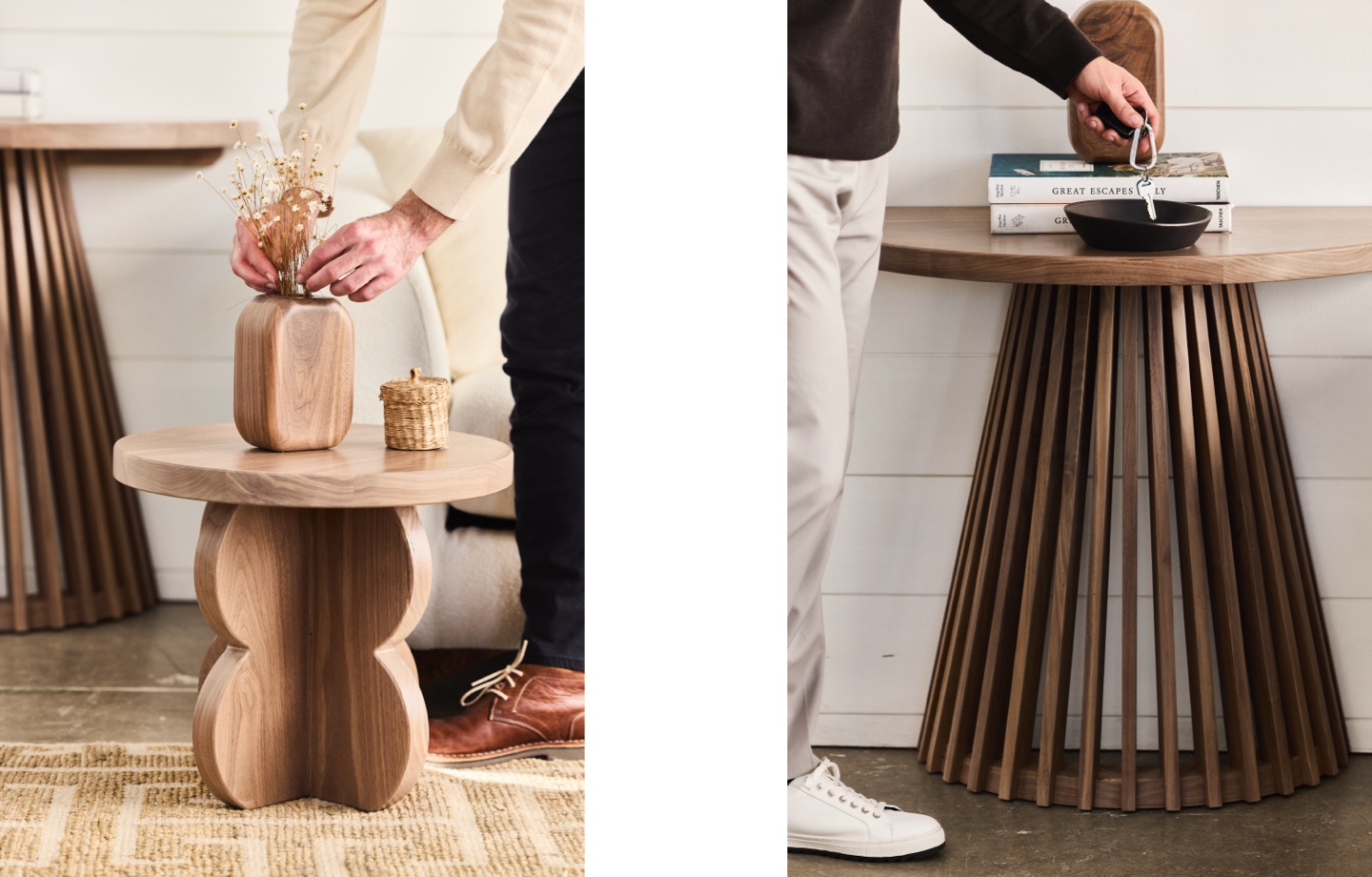It’s impossible to eliminate 100 percent of waste, but zero-waste initiatives are key to fighting climate change.
Sustainability is trendy. And the latest term to enter the chat is “zero waste.” Sales of products marketed as zero waste grew 34 percent from 2019 to 2022.
But what does the term zero waste really mean? Why is it important? And how do consumers determine which brands are making efforts to limit waste and which are fudging the facts? In the last three years, sustainability claims on products increased nearly 25 percent. These claims are so common that when brands use them without the support of third-party certifications, a greenwashing alarm goes off for shoppers.
Read more: A Behind-The-Scenes Look at Our Zero Waste Furniture
“There are many interpretations of what zero waste standards mean. Unfortunately, we see a lot of claims out there without proper substantiation,” says Jane Chen, Avocado’s Zero Waste Certification Manager. “That’s why it’s important to work with a trusted third-party certification body like UL Solutions, which has a clear standard of the requirements and also a vigorous annual audit and onsite audit validation process.”
Avocado is proud to have a comprehensive and aggressive zero-waste initiative. Our Landfill Waste Diversion rate is validated by UL Solutions, which evaluates a company’s efforts to reduce waste at every level of the business, from materials to manufacturing and shipping. We’re the only bedding company to do this.
In total, 25 of Avocado’s products — including our Zero Waste Collection, which uses wood scraps from our Los Angeles woodshop, and pillows that use latex offcuts from our factories — harness upcycled materials. And in 2022, we recycled and upcycled 624 tons of wood, which contributed to a nine percent increase in the amount of waste we diverted from landfills from the previous year. Not only that, our transformative donation program keeps 90 percent of our mattress returns and 100 percent of our pillow returns out of landfills by donating them to those in need through our nationwide network of more than 1,500 nonprofits.

Of course, Avocado isn’t the only brand that’s serious about zero waste. To determine if a company’s claims reflect its actions, comb its website for a trusted certification that validates its zero-waste statements. UL Solutions, TRUE, SCS Global Services, and Zero Waste International Alliance are all reputable zero-waste certifying bodies. Can’t find a zero-waste certification? Search for an impact or sustainability report that spells out how much the company is diverting from landfills, including its recycling, reuse, and composting efforts.
By definition, zero waste refers to “the conservation of all resources by means of responsible production, consumption, reuse, and recovery of products, packaging, and materials without burning and with no discharges to land, water, or air that threaten the environment or human health.” Although the term is often used to overstate or mislead consumers about a company’s environmental efforts, the concept of zero waste is a critical part of combating climate change.
In 2018, containers and packaging made up 28 percent of U.S. waste — 30.5 million pounds of which ended up in landfills — and 20 of the world’s largest companies account for 55 percent of plastic packaging waste. The fashion industry creates an estimated 92 million tons of waste per year. And businesses that serve or sell food are responsible for 40 percent of food waste in America.
“We’ve found that 1–3 percent of a brand’s total production is wasted,” Jeff Denby, co-founder of the Renewal Workshop told GreenBiz. “At 100 million units per year for a big brand, the scale of 1–3 percent waste becomes huge. And, the larger the brand is, the more complicated their business operations, means that rate can increase to as high as 5 percent.”
In addition to carbon emissions, all this waste emits methane, a lesser-known greenhouse gas compared to carbon, which is actually more dangerous. While methane only stays in the atmosphere for decades rather than centuries, like CO2, it warms the planet 86 times as much.

Read more: Why We Have to Curb Methane Emissions Now
Our culture of overconsumption also degrades natural resources like forests and water — the 3,000 active landfills in the country destroyed 1.8 million acres of habitat — and threatens human health by polluting our soil, air, and waterways.
While it’s impossible to eliminate 100 percent of waste, consumers and brands alike have a responsibility to limit overconsumption and overproduction, upcycle and recycle when possible, and do what’s necessary to keep more waste out of landfills.
“Being an environmentally responsible corporate citizen is at the core of Avocado’s mission,” says Laken Tran, Zero Waste Audit and Compliance Manager at Avocado. “By operating zero- and low-waste manufacturing facilities, we’re making good on that commitment while reducing our reliance on landfills and our scope 3 greenhouse gas emissions.”
In 2022, Avocado reached a major milestone when our manufacturing facilities achieved a UL Validated waste diversion rate of 78% by recycling, reusing, and diverting materials from landfills. To earn a claim validation mark, companies must submit to an extensive, multi-part audit by UL Solutions, which includes document evaluation, waste data tracking, and onsite visits, along with annual audits.
“We have a very meticulous process in which we track every single material that is circulated through our facilities,” says Brian Slingluff, Zero Waste Initiative Lead at Avocado. “Each month, we review our waste data reporting to see how much waste is being diverted via composting, recycling, and reuse compared to our landfilled waste. This helps us strategize how to better our waste diversion at each facility and work with our site champions to create the next steps of improvement.”
Read more: 5 Sustainability Trends You’ll See in 2023
Have feedback on our story? Email [email protected] to let us know what you think!

Shop Pillows
The Essential Organic Pillow Collection
Gentle, breathable, non-toxic support.








